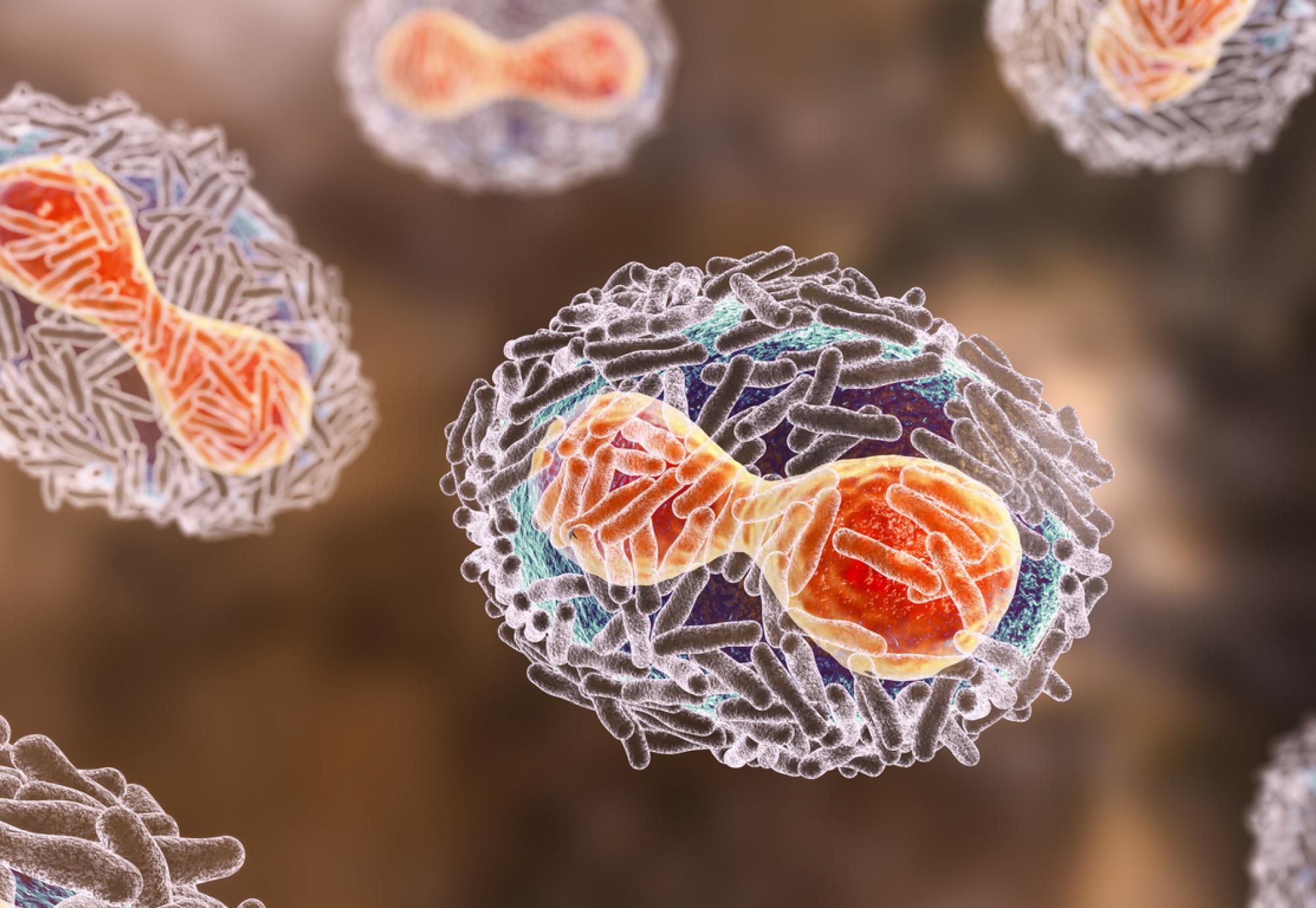To mark Rare Disease Day 2023, the Department of Health and Social Care (DHSC) has published its Rare Diseases Action Plan for this year.
The Government say its plan will go “further than ever before” and will ensure those living with rare diseases get better treatment and fairer access to clinical research.
Building on the Rare Diseases Action Plan for 2022, the new plan details 13 actions that have been co-developed with the rare disease community and focus on everything from faster diagnosis and increased awareness, all the way to better co-ordination of care provision and improved access to specialist treatments.
Even though rare diseases are individually uncommon, collectively, they are not. One in 17 people will be affected by a rare disease in their lifetimes, ranging from Huntington’s disease and epidermolysis bullosa to haemophilia A or spinal muscular atrophy.
The DHSC say that, considering over 7,000 rare diseases are affecting more around 3.5 million people in the UK, it is crucial that health professionals have the requisite training and education, so they can care effectively and efficiently for those in need.
This new plan therefore pledges that the health system will accrue data on the health inequalities faced by those with rare diseases, allowing the NHS to address them and, for the first time, get a full picture of how England’s population is tested for genetic diseases by boosting data sharing.
The DHSC’s Chief Scientific Advisor and Chief Executive of the National Institute for Health and Care Research (NIHR), Professor Lucy Chappell, said: “The impacts of rare diseases on individuals and their families are wide-ranging. Our research plays an important underpinning role in furthering the understanding, diagnosis, treatment and care for people living with rare diseases.
“The Action Plan highlights significant advances in rare disease research supported through our funding. There is always more to do and our commitments will be supported by the recently announced funding for ground-breaking research into the NIHR Biomedical Research Centres and the Medical Research Council-NIHR UK Rare Disease Research Platform.
“This research will continue to drive progress and foster collaboration to translate scientific breakthroughs into clinical advances.”
The Government will also commission work to evaluate the efficacy of the Rare Diseases Action Plan and Rare Diseases Framework to see how tangible a difference they are making to those living with said conditions.
Helen Whately, Health Minister, added: “Rare diseases are individually rare but collectively common, affecting 3.5 million people in the UK. We’ve made huge progress in the last year, making 1,000 complex new diagnoses thanks to advances in genomic research.
“But there is still more to do. Our Rare Diseases Action Plan will reduce health inequalities, help people participate in research and join up specialist services better for patients.”
To read the plan in full, click here.



















